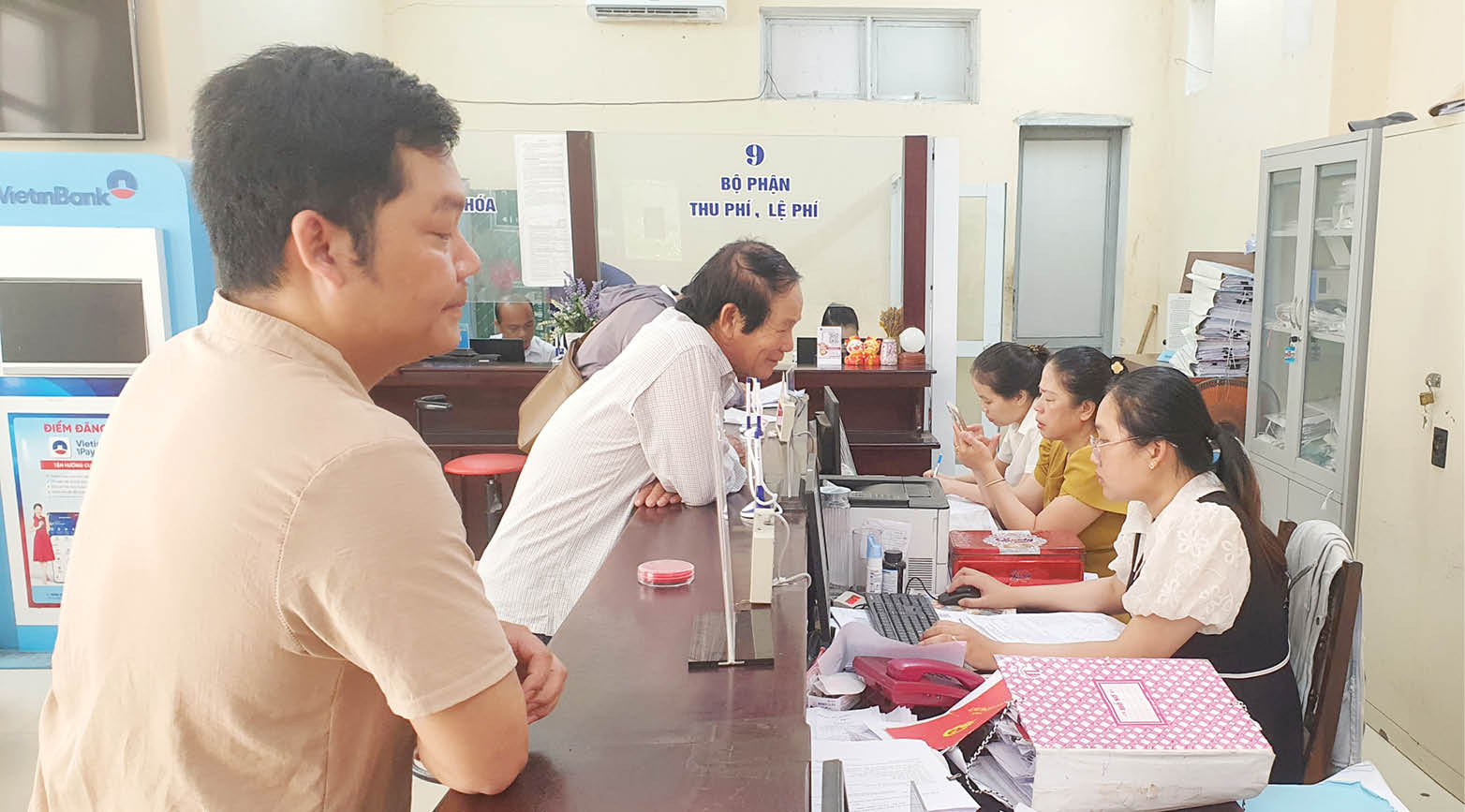 |
| Solving administrative procedures for people |
Focus on two groups of content
At the plenary session of the 9th Session of the 15th National Assembly on May 14, delegates discussed the Draft Resolution of the National Assembly amending and supplementing a number of articles of the 2013 Constitution (first time) and the Draft Law on Organization of Local Government.
At this meeting, delegates assessed that after more than 11 years of implementation, the provisions of the 2013 Constitution have created an important constitutional basis for perfecting the organization and operation of the political system. In addition to the achieved results, the implementation of the provisions of the Constitution and laws related to the Vietnam Fatherland Front, socio-political organizations and local authorities still has a number of issues that need to be further improved, in order to meet higher requirements in the practice of national development.
According to the delegates, some functions and tasks of the Vietnam Fatherland Front have not been fully promoted, there are still overlaps and interferences in functions and tasks; overlaps in the objects of mobilization and gathering in some member organizations of the Front. Meanwhile, the 3-level local government model has revealed cumbersome, overlapping, and duplication in tasks and powers; many administrative procedures have arisen, and have not yet maximized the application of achievements in science and technology to improve the effectiveness of state management and serve the people and businesses. The existence of many small-scale administrative units disperses resources, fails to promote the potential of each locality, causing difficulties in planning and effectively using development resources.
The country is entering a new phase, the amendment of the 2013 Constitution aims to institutionalize new directions in development, creating a solid constitutional foundation for the revolution in arranging and organizing the apparatus towards streamlining, effectiveness, efficiency, serving the people and businesses better. In particular, it creates favorable conditions to promote the application of achievements of science, technology, and digital transformation in State governance.
Mr. Tran Duc Thanh, former Standing Deputy Secretary of the District Party Committee, former Chairman of the People's Council of Phu Loc District, said: The removal of the intermediate level is a correct policy, to bring the apparatus closer to the people; help the instructions and orientations from the provincial level to the communal level to be faster and implemented sooner than before. The amendment of the Constitution to remove the district level also shows its conformity with the new development trend, especially when digital transformation and the application of information technology in management and operation are increasingly widespread as they are today.
Higher requirements for commune level
Along with commenting on and amending the 2013 Constitution, at the discussion session on May 14, the National Assembly also focused on discussing the Draft Law on Organization of Local Government. This is a legal condition to ensure that the new commune-level apparatus can operate effectively and smoothly.
The point that has received the most public attention is the transfer of tasks and powers from the current district level to the new commune level. According to the Draft Law on Organization of Local Government, 90/99 tasks and powers of the district level will be transferred to the commune level; the remaining 9 tasks and powers of the district level will be decentralized to the provincial level. Thus, the role, tasks, and workload of the commune level will increase significantly.
Mr. Tran Van Huu, former Chairman of the People's Committee of Loc Thuy Commune, Phu Loc District, said that from the operating model of 1 Loc Thuy commune, now merging 4 communes and towns, including: Loc Thuy, Loc Tien, Loc Vinh and Lang Co into Chan May - Lang Co commune, the scale and nature of work have all expanded. The workload is larger, each cadre will have 2-3 times more work, so it requires higher management capacity. After the new model comes into operation, it will be difficult to avoid initial difficulties. Therefore, cadres must put their heart into their work, with the highest goal of serving the people best.
According to Mr. Tran Duc Thanh, in some localities, the digitalization of infrastructure and data is still not synchronized. Human resources capable of grasping and mastering technology are not really guaranteed. That is an issue that needs to be raised and resolved quickly when the 2-level government model comes into operation from July 1. The difficulty for commune-level officials is that most of them are trained in-service or distance learning, and only complete the conditions later, so there needs to be a transition period to screen the staff.
Mr. Nguyen Van Me, former Chairman of the People's Council and People's Committee of the province (now Hue City) commented that the conditions for reforming the administrative apparatus depend on the results of the digital society, digital economy and digital government. Vietnam is moving towards a digital economy, when citizens will use digital technology in all aspects of life. The data information system plays a decisive role. For digital government to be effective, to handle administrative procedures quickly, and to process data effectively, it requires the staff to meet the corresponding requirements.
| The Steering Committee for Science, Technology, Innovation, Digital Transformation and Project 06 of Hue City has issued a plan to collect public opinions on the Draft Amendments and Supplements to a number of Articles of the 2013 Constitution through the VNeID application for all classes of people in the city. The time for collecting opinions is until May 29, 2025. |
Source: https://huengaynay.vn/chinh-tri-xa-hoi/doi-hoi-cao-hon-doi-voi-cong-tac-quan-ly-o-cap-xa-153890.html





![[Photo] T&T 1 and Ho Chi Minh City 1 People's Police Teams won the men's and women's team championships](https://vphoto.vietnam.vn/thumb/1200x675/vietnam/resource/IMAGE/2025/5/22/39db06ae67cb4001b7a556e8d9a56d07)


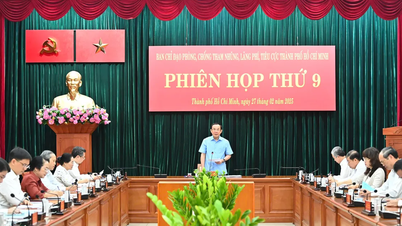



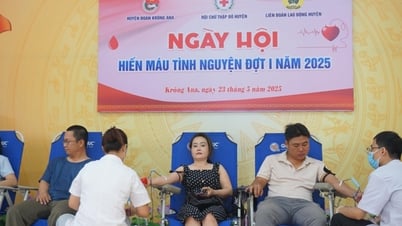










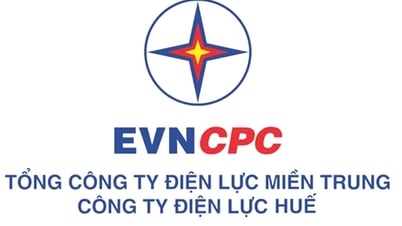


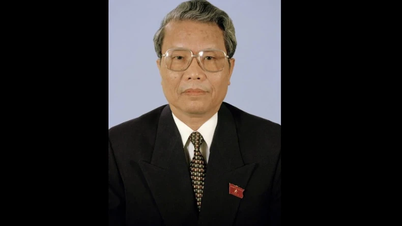






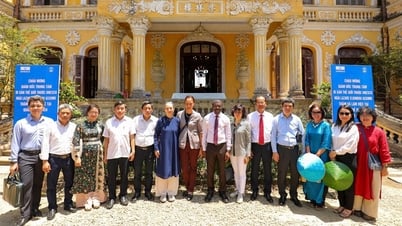








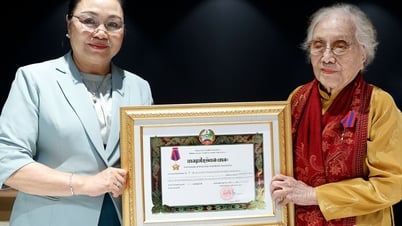



















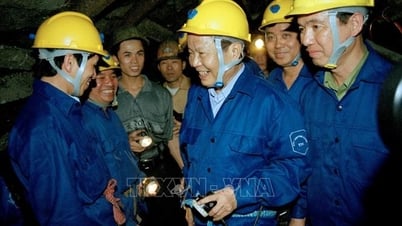
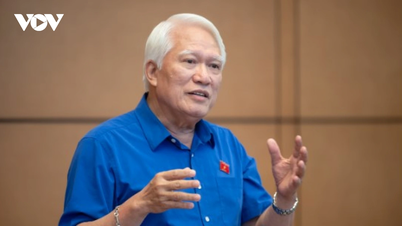



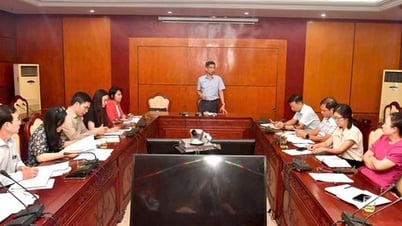



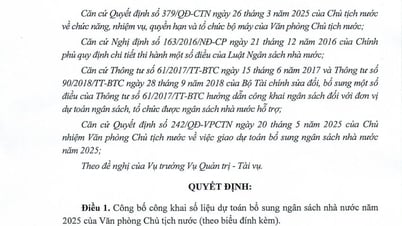










![[Podcast] Week introducing more than 500 OCOP products in Hanoi](https://vphoto.vietnam.vn/thumb/402x226/vietnam/resource/IMAGE/2025/5/22/d144aac2416744718388dbae3260e7fd)

Comment (0)